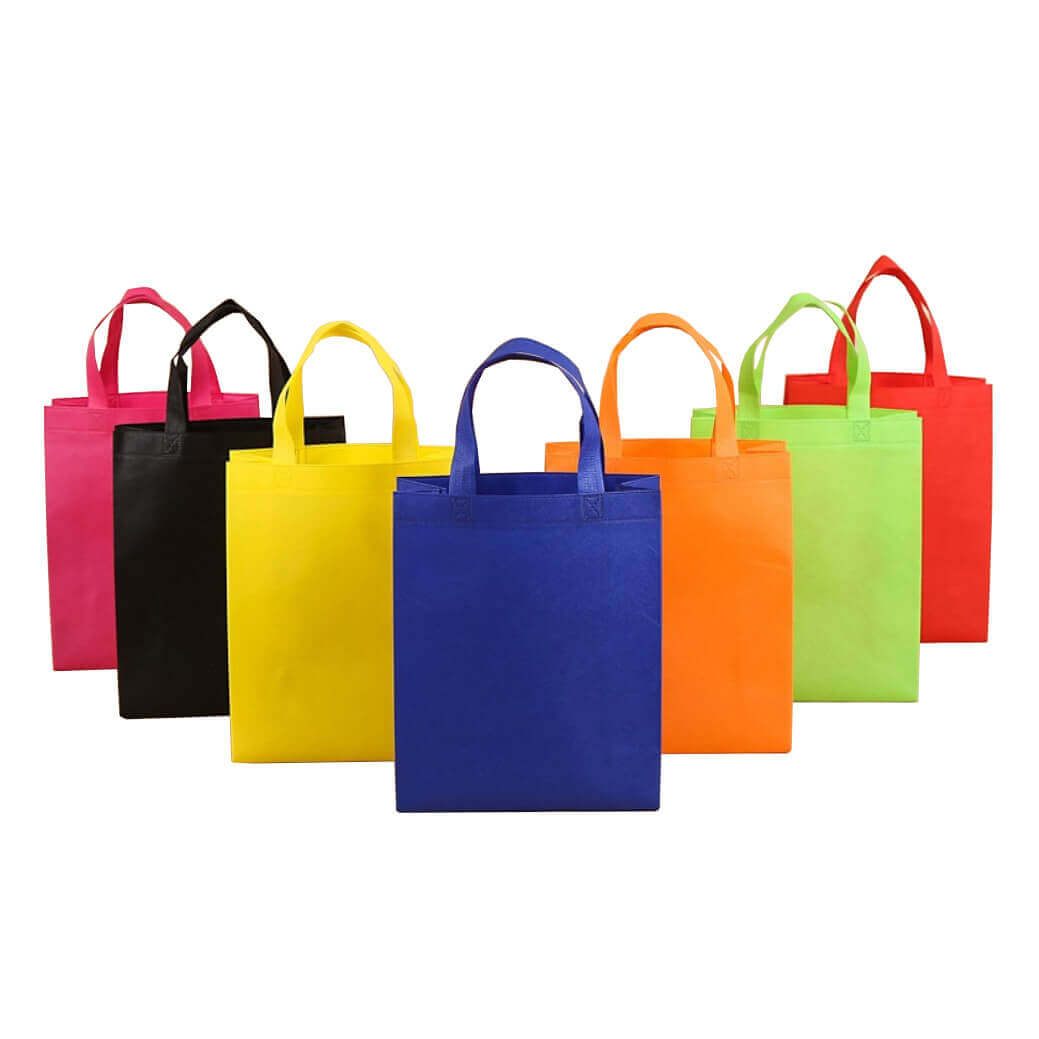In today’s global landscape, the urgent need for eco-friendly packaging solutions has become increasingly evident. The environmental challenges posed by excessive plastic usage and waste have spurred a profound shift in consumer behavior and corporate responsibility. This article delves into the multifaceted aspects of the green movement, focusing on the pivotal role of cheap non-woven bags as a sustainable packaging solution.
Understanding the Growing Demand for Eco-Friendly Packaging
The escalating demand for sustainable packaging solutions stems from a convergence of factors. First and foremost is the heightened environmental awareness among consumers. Modern individuals are more informed about the adverse effects of plastic pollution on ecosystems, marine life, and human health. This heightened awareness has translated into a preference for products and brands that demonstrate environmental stewardship.
Moreover, regulatory bodies and governments worldwide are enacting stricter guidelines and regulations regarding plastic usage and waste management. This regulatory environment compels businesses to reevaluate their packaging strategies and transition towards sustainable alternatives.
Non-Woven Bags: A Sustainable Marvel in Packaging
Among the array of sustainable packaging options available, non-woven bags have garnered significant attention and adoption. These bags are crafted from fibers bonded together rather than being woven or knitted, offering a sturdy and reusable alternative to traditional plastic bags. Let’s explore why non-woven bags have become champions of sustainability:
- Durability and Reusability: Non-woven bags are designed for longevity. Unlike single-use plastic bags that contribute to the global waste crisis, non-woven bags can withstand multiple uses. This durability not only reduces waste generation but also saves resources in the long run.
- Material Composition: Many non-woven bags are made from recycled materials or biodegradable substances, making them eco-friendly from production to disposal. These bags contribute to the circular economy by utilizing existing resources and minimizing environmental impact.
- Customizability and Versatility: Non-woven bags come in various sizes, shapes, and designs, catering to diverse packaging needs across industries. This versatility makes them adaptable for retail, promotional events, grocery shopping, and more.
The Environmental Benefits of Non-Woven Bags
Transitioning to non-woven bags offers a myriad of environmental benefits that align with sustainability goals:
- Plastic Waste Reduction: By encouraging the use of non-woven bags, businesses and consumers alike contribute to reducing the proliferation of single-use plastic bags. This reduction directly mitigates plastic pollution in oceans, landfills, and natural habitats.
- Carbon Footprint Reduction: The production of non-woven bags, especially those made from recycled materials, generally results in lower carbon emissions compared to conventional plastic bag manufacturing. This reduction in greenhouse gas emissions supports efforts to combat climate change.
- Resource Conservation: Non-woven bags promote resource conservation by extending the lifespan of packaging materials. Their reusability minimizes the need for constant production of new bags, conserving energy and raw materials.
Best Practices for Sustainable Non-Woven Bag Adoption
While non-woven bags offer substantial environmental benefits, it’s crucial to implement best practices for their sustainable adoption:
- Material Sourcing: Opt for non-woven bags made from recycled or renewable materials whenever possible. Ensure transparency in the supply chain to verify sustainable sourcing practices.
- Design Considerations: Emphasize durability and functionality in bag design to maximize reusability. Consider incorporating biodegradable additives or coatings for enhanced eco-friendliness.
- Consumer Education: Educate consumers about the benefits of non-woven bags, proper care instructions for longevity, and responsible disposal or recycling practices.
Conclusion: A Greener Future with Non-Woven Bags
In conclusion, the ascent of sustainable packaging solutions like non-woven bags represents a pivotal stride towards a greener future. By embracing these eco-friendly alternatives, businesses not only meet consumer demands but also contribute positively to environmental conservation and climate resilience. Non-woven bags epitomize the synergy between innovation, practicality, and environmental responsibility in the modern packaging landscape.









